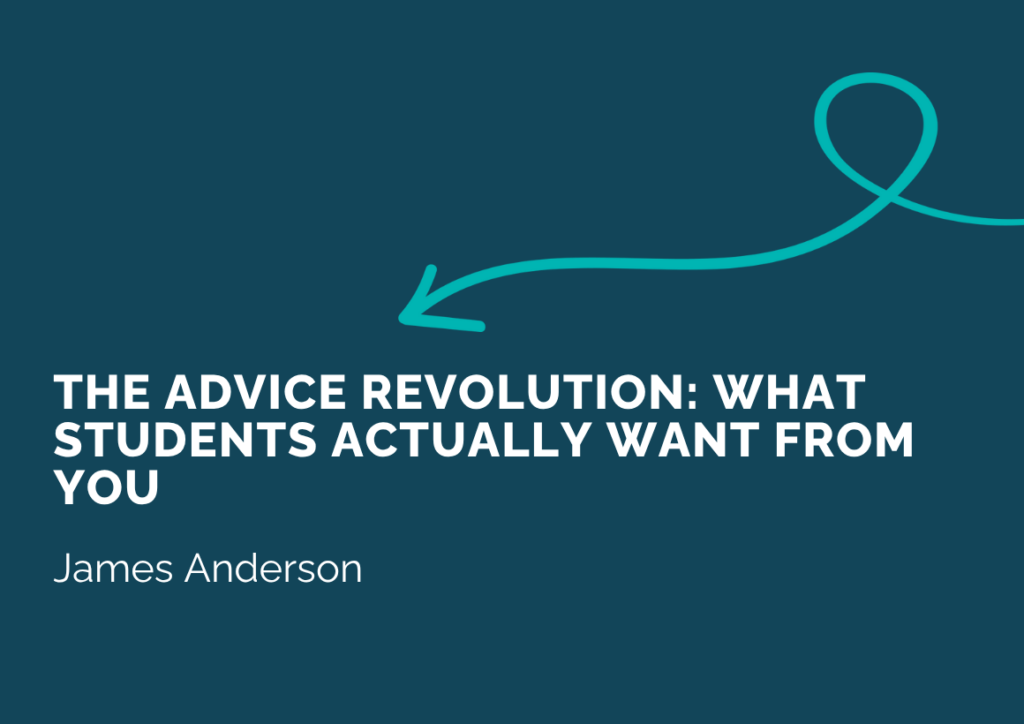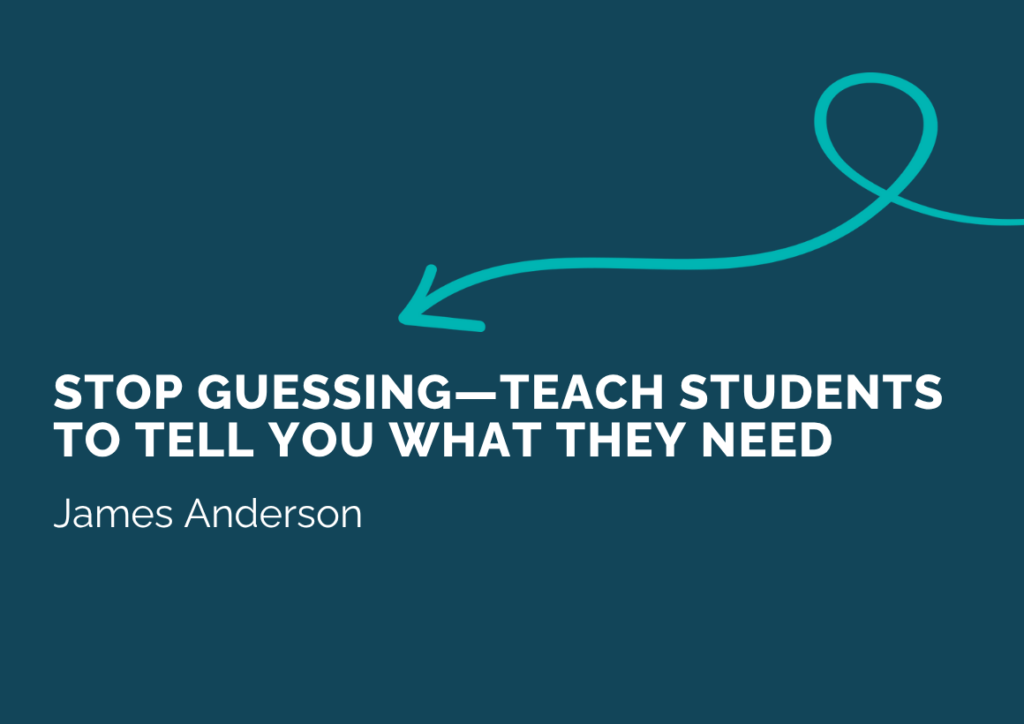You spend hours writing thoughtful feedback on student work. You know what effective feedback looks like—timely, specific, actionable. You’re good at this.
Then Monday arrives. Students glance at your comments for 30 seconds before shoving papers in bags.
Sound familiar?
You’re Not the Problem
Your expertise isn’t in question. The frustrating truth is that expert teaching only takes us so far when students haven’t developed the skills to receive and use what we provide.
[Pull quote: “The problem isn’t your feedback. The problem is that students haven’t learned how to be good partners in the feedback process.”]
The problem isn’t your feedback. The problem is that students haven’t learned how to be good partners in the feedback process—what I call their learnership, the skill of learning itself.
But there’s a deeper issue that explains why even motivated students ignore carefully crafted feedback: the word itself has become toxic.
Feedback Finishes. Advice Advances.
This simple truth changes everything. In students’ minds:
- Feedback looks backward at what was done—learning is over
- Advice looks forward to what could be done—learning continues
It doesn’t matter what we know feedback should mean. What matters is what students think it means.
The Word Has Been Contaminated
You know feedback should be forward-looking and improvement-focused. You practice this daily.
But students have been trained by years of red pen corrections and grade justifications to expect backward-looking evaluation. When someone says, “Can I give you some feedback?” we brace ourselves for criticism.
[Pull quote: “They’ve learned to check the grade and ignore the comments because historically, those comments didn’t help them move forward.”]
They’ve learned to check the grade and ignore the comments because historically, those comments didn’t help them move forward. This isn’t about what feedback means in your classroom today—it’s about what students have learned it means from years of schooling.
The Disconnect
Research reveals that when students say they want feedback, they mean something specific: concrete, forward-looking guidance. They want to know what to do next, not what they did wrong.
You’re providing exactly that. But students don’t read your thoughtful advice because they expect backward-looking judgment. They’ve been conditioned to see feedback as the postmortem, not the game plan.
You’re offering advice for improvement. They’re hearing evaluation of completion.
The Simple Shift
Watch the difference:
Instead of: “Check my feedback on your essay.” Try: “I’ve written advice for strengthening your next draft.”
Instead of: “Who needs feedback?” Try: “Who wants advice on their approach?”
[Pull quote: “The student asking for advice has already acknowledged their learning continues.”]
The student asking for advice has already acknowledged their learning continues. They’re positioning themselves as active agents seeking improvement, not passive recipients of verdicts.
Evidence From Classrooms
A Year 10 teacher told me: “I changed nothing about my marking—just started calling it advice instead of feedback. Suddenly students were asking follow-up questions, implementing suggestions, coming to me before submitting work, not just after.”
She hadn’t improved her teaching. She’d made her expertise accessible by acknowledging what “feedback” had come to mean.
Try This Tomorrow
In one class:
- When returning work: “I’ve written advice for moving forward”
- During work time: “Who wants advice on their approach?”
- In your marking: Focus explicitly on next steps
This language shift is just the beginning. Once students hear “advice,” they engage differently. They ask questions. They seek clarification.
[Pull quote: “What if your marking time was cut in half because students were directing you to exactly where they needed help?”]
What if students could actively seek specific advice? What if instead of “Is my essay good?” they asked “I’ve tried three introduction strategies—which one sets up my argument most effectively?” What if your marking time was cut in half because students were directing you to exactly where they needed help?
The Journey Ahead
Changing the word removes the first barrier. But there’s a progression—from students who passively receive feedback to students who actively seek advice to students who know exactly what guidance they need.
This is about developing their learnership—their ability to drive their own improvement.
[Pull quote: “Your expertise is too valuable to be lost in a contaminated word.”]
Your expertise is too valuable to be lost in a contaminated word. Make the shift to advice—watch students become active partners in their learning.
Because while feedback finishes, advice advances. And students who seek advice? They soar.


